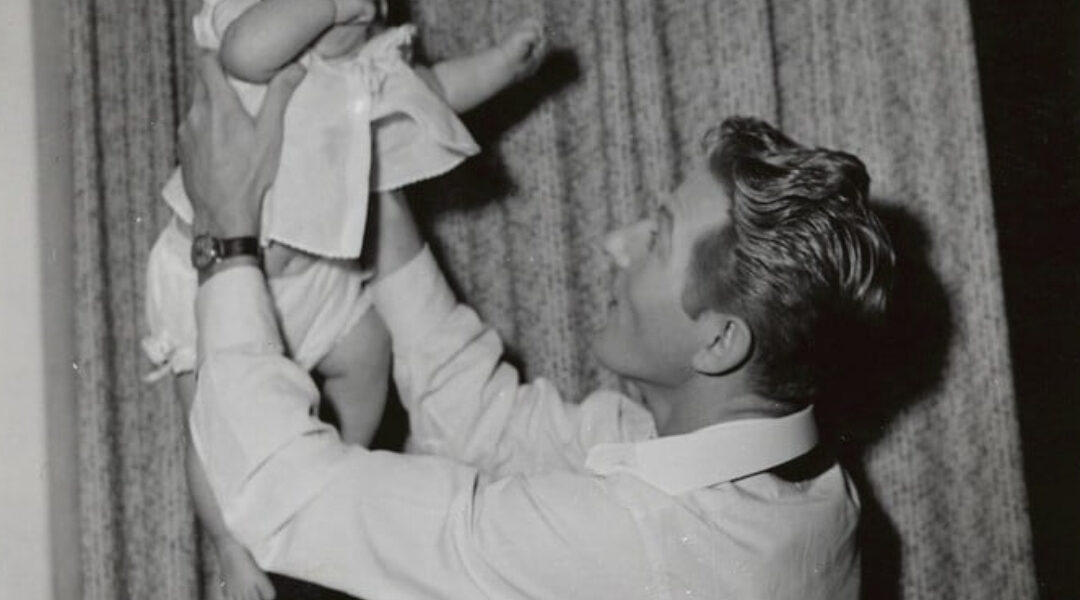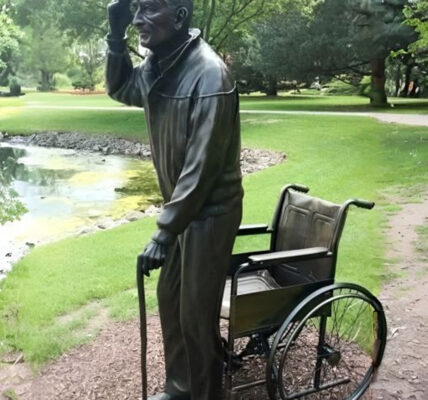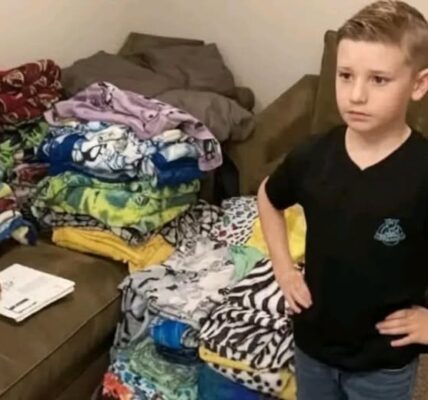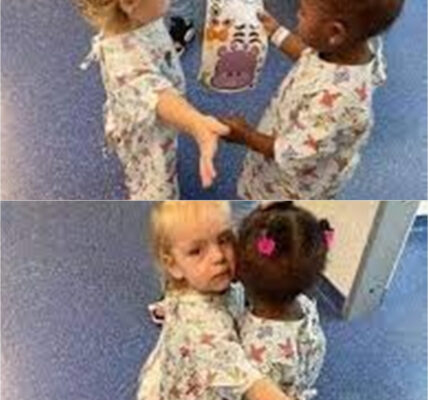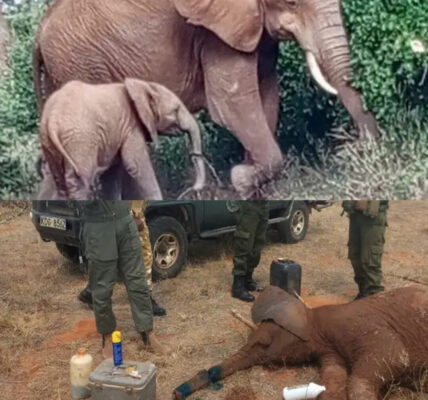I was six years old the first time I saw my father perform on stage. I still remember the red velvet seats, the smell of the theater, and the dazzling lights that made everything feel larger than life. From the stage, my father looked right at me and called out, “Are you having a good time, sweetheart?”

I said a shy little “yes.” He asked again later, and again. Each time my “yes” grew weaker, until finally I burst into tears. After the show, I ran to his dressing room, threw my arms around him, and sobbed, “I don’t want anybody laughing at my daddy.”
How could I have known then that laughter was the greatest gift he gave the world? Years later, I would laugh until my ribs ached, finally understanding that joy was his language—the way he spoke love to millions.
People called him many things: comedian, actor, singer, dancer, mimic, even magician of emotion. To me, he was simply “Daddy.” But to the world, he was Danny Kaye—the man who could make an entire audience roll in the aisles one moment and move them to tears the next. Walter Winchell once wrote, “Ushers might be knocked to the ground by people rolling in the aisles.”
He was elegance wrapped in chaos, a man whose face could twist into comedy or soften into heartbreak in a heartbeat. Artur Rubinstein once said of him, “As with Chaplin, I am not so much amused as I am moved.” That was my father: never just funny—always human.
He was a man of a thousand talents. He played survivors and dreamers, kings and clowns. He mastered lightning-fast lyrics—most written by my mother, Sylvia Fine—and invented his own musical gibberish that somehow made perfect sense. “Danny accepted no boundaries,” Harry Belafonte once said. “That’s the highest form of creative energy.”
But his creativity went far beyond the stage. He was a chef, a licensed jet pilot, a baseball team co-owner, a conductor, and a humanitarian. He conducted major orchestras around the world, raising millions for the Musician’s Pension Fund—without ever learning to read music.

He did it all by ear. “He gets a better sound out of an orchestra than most conductors,” said violinist Itzhak Perlman.
When he cooked, he was just as passionate. To master Chinese cuisine, he trained with a chef in San Francisco, read Chinese cookbooks like novels, and even built a Chinese kitchen behind our house.
I still laugh remembering the night he cooked dinner for three of France’s greatest chefs. When asked if he was nervous, he said, “Why should I be? What do they know about Chinese food?”
![Danny Kaye holding up baby Dena Kaye] - PICRYL - Public Domain Media Search Engine Public Domain Search](https://cdn4.picryl.com/photo/2015/11/25/danny-kaye-holding-up-baby-dena-kaye-1024.jpg)
His curiosity was endless. He was never content to watch—he had to do, to feel, to learn. That was how he lived: completely engaged, utterly alive. He once told me, “When I’m conducting, that’s my favorite thing. When I’m flying, that’s my favorite thing. When I’m traveling for UNICEF, that’s my favorite thing.” Whatever he did, he gave all of himself to it.
As a father, he was the same. He listened, truly listened. When I became a journalist and began traveling the world, he offered advice but never control. He supported my choices, even when they were wild.
“If you want to move to the outback and raise sheep,” he said once, “great—just tell me when to visit.”

He gave to the world with the same open heart. His proudest title wasn’t “movie star,” but “UNICEF Ambassador.” From 1954 until the end of his life, he traveled the globe, meeting children from every culture and corner of the earth.
He didn’t just visit; he connected. He rolled on the ground with them, sang their songs, made them laugh. “Children,” he said, “recognize instinctively what is true and what is not.”
He could walk from a high-level diplomatic meeting to a tiny café on a dirt road without missing a beat. He was just as comfortable eating caviar as Kentucky Fried Chicken. He hated pretense, small talk, or anything that felt fake.
![Sylvia Fine, Danny Kaye and baby Dena Kaye] - LOC's Public Domain Archive Public Domain Search](https://cdn4.picryl.com/photo/2015/11/25/sylvia-fine-danny-kaye-and-baby-dena-kaye-1024.jpg)
Once, at a formal party he didn’t want to attend, he picked up a waitress’s tray of hors d’oeuvres and walked around serving guests until it was empty—then left.
At home, he filled our lives with laughter and surprise. I remember one sunny afternoon when my mother said, “Darling, it’s so nice out—why don’t you take a jump in the pool?” Without a word, he walked straight through the house and dove in—golf clothes, suede jacket, car keys and all.
People sometimes said he was “difficult,” but they misunderstood. He wasn’t demanding—he was devoted. He gave 100 percent and expected the same. He believed in excellence, not perfection. He believed in showing up—early, always. “I’d rather be an hour early than five minutes late,” he’d say.

He was also deeply kind. He never bragged, never needed the spotlight offstage. He was a man who found beauty in details—whether it was the taste of a perfect mustard or the laughter of a child.
Now, years after his passing, I still miss the small things: the scent of his Tweed cologne, the sound of his whistling in the morning, his Key lime pie cooling on the counter. I miss his hands—the same hands that conducted orchestras, chopped vegetables, held my own when I was small.

My father taught me that life is an art—and that the truest artists never stop creating, never stop learning, never stop feeling.
He gave the world laughter, but he gave me something even greater: the knowledge that joy is sacred, kindness is strength, and love—real love—is the most beautiful performance of all.
